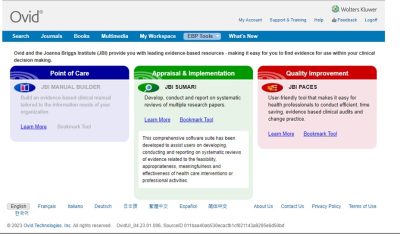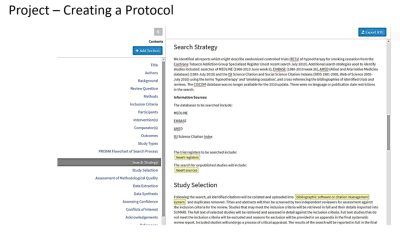The MSK Library Help page is a one-stop-shop for all those burning questions, even the ones that pop up in your dreams (or more like late night cram sessions).
The MSK Library Help page has a search function that utilizes several resources to provide information to users, including our Frequently Asked Questions and our Library Guides.
Get instant answers to questions on a variety of topics, including:
- General library information
- Content and access
- EndNote
- NIH Public Access Policy
- Systematic Reviews
To browse a list of all our self-service resources, use the “Answers” link in the top left corner.
If after checking out the self-service Library Help resources, you still haven’t found what you are looking for, Submit Your Question for further assistance.
Other ways to get help from the MSK Library
Submit a Question: form
- General Inquiries
- Literature Search/PICO(T) Request
- New Resource Requests

